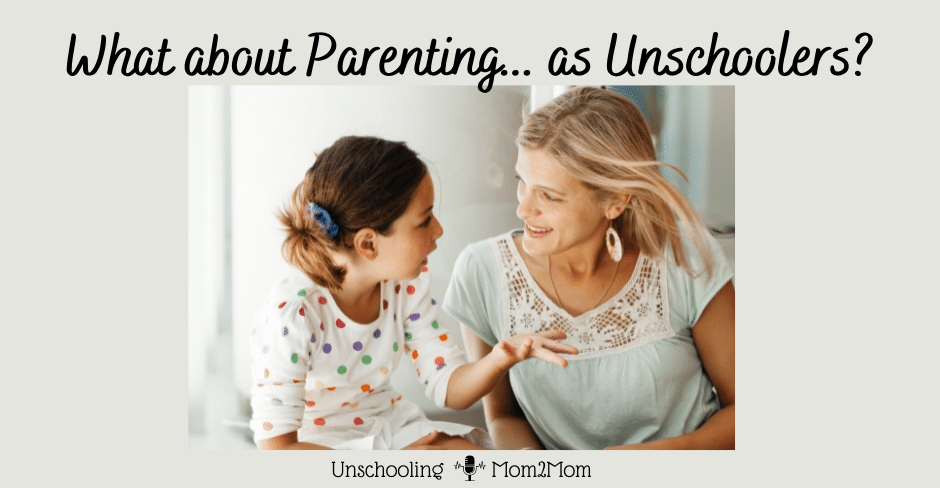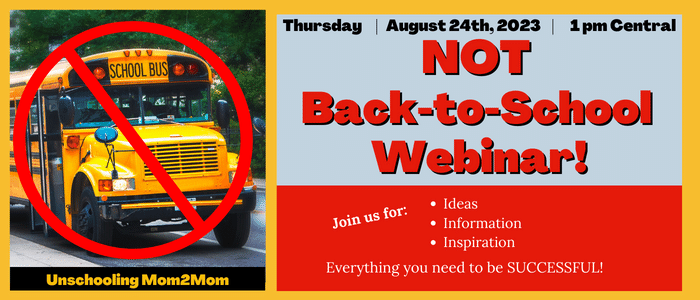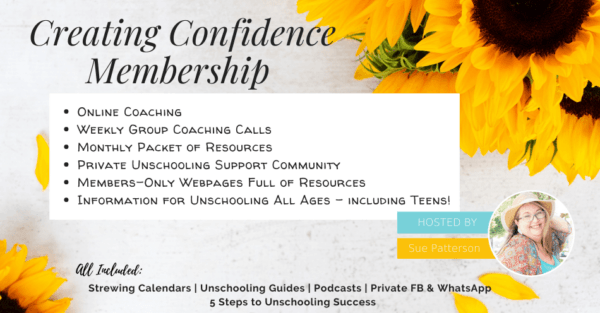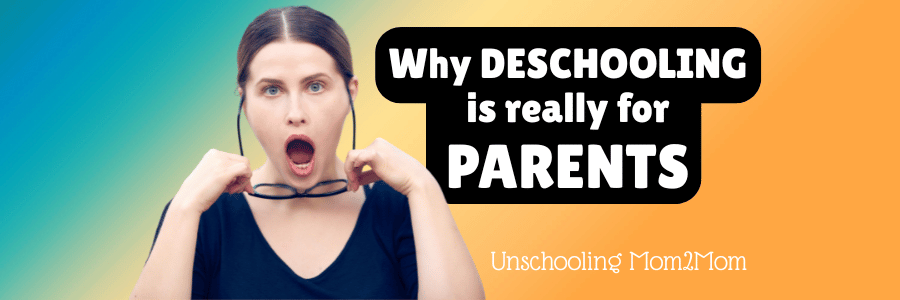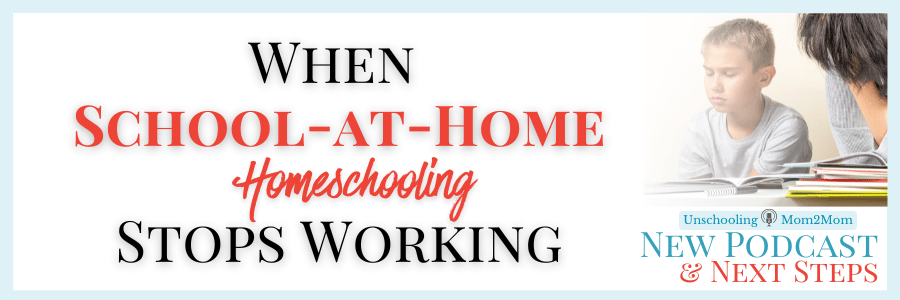What about Unschooling and Parenting?
When we decide to unschool, our parenting shifts a little. Sometimes a lot. The mainstream familiar way most of us recognize, actually works against parents in so many ways. Because it’s so focused on control and fear - fear that the kids will do something wrong or that we’ll be considered a bad mom or dad - we shouldn’t be too surprised that it starts the ball rolling in a negative direction.
I know, some people are choosing unschooling as an educational option - not necessarily looking to change their parenting. But as you move into it, you’ll see how it’s all tied together. Even if you end up choosing another approach for homeschooling, you might consider using some of the unschooling principles with parenting.
Before we dive into this, I want to be sure you know about a free Webinar I’m doing on September 1st.
The recording will be available in my membership group, if you’re not able to make it.
And also here
But I want you be inspired as we head off on this Unschooling Adventure!
Every year, we celebrate together!
Key ideas about parenting as it relates to unschooling
💛 Recognizing that kids learn to be respectful because it’s been modeled for them. Lots of times people worry their kids won’t learn to be respectful. But how they see you interact with others - and how you interact with them matters. Kids mirror what they see. They mirror how we interact with them. You’re not alone if that makes you cringe a little bit thinking about some of your past interactions with your children. But we can always shift our direction.
💛 Listening to children is another opportunity for modeling. Stopping what we’re doing, putting down our phones and giving them attention shows them that they matter to us. It also demonstrates how important it is to let the people we love know that we’re listening. We all connect better when we feel heard. When we’re really listening, we have the chance to see what’s the underlying motivation for requests, behavior, decisions.
💛 Seeing from their perspective and understanding what’s motivating our kids helps us connect with them. Instead of rushing to have The Answer or moving quickly to decisions, allows time to be curious about options. Your kids may have suggestions that could work.
Even if we think,
“Oh nooo, that will never work,” how about letting them have a try?
The only way to make good decisions is to get lots of opportunities. You don’t learn much if someone else always makes the decisions for you.
And... what a huge weight to be lifted off you - you don’t have to always be right! You don’t have to make all the decisions. Keeping it light and playful helps everyone feel open to try. No shame in failed attempts - it’s all just data to use for the next decision!
💛 Prioritizing our relationships with the children over arbitrary expectations. If you ask most parents, they’d tell you that their kids are their priority. And theoretically, that’s probably true.
But realistically, how do we react to specific situations?
...when we feel rushed and their decisions slow us down.
.. when they do something that embarrasses us in front of others
...when they snap at us or have a meltdown because they’re hungry or tired and we were dragging them to one.more.place.
The list can go on and on. How you react to them not only gives them an idea of where you’re REALLY putting your priorities, and we cant be surprised when THEY act this way in similar situations down the road.
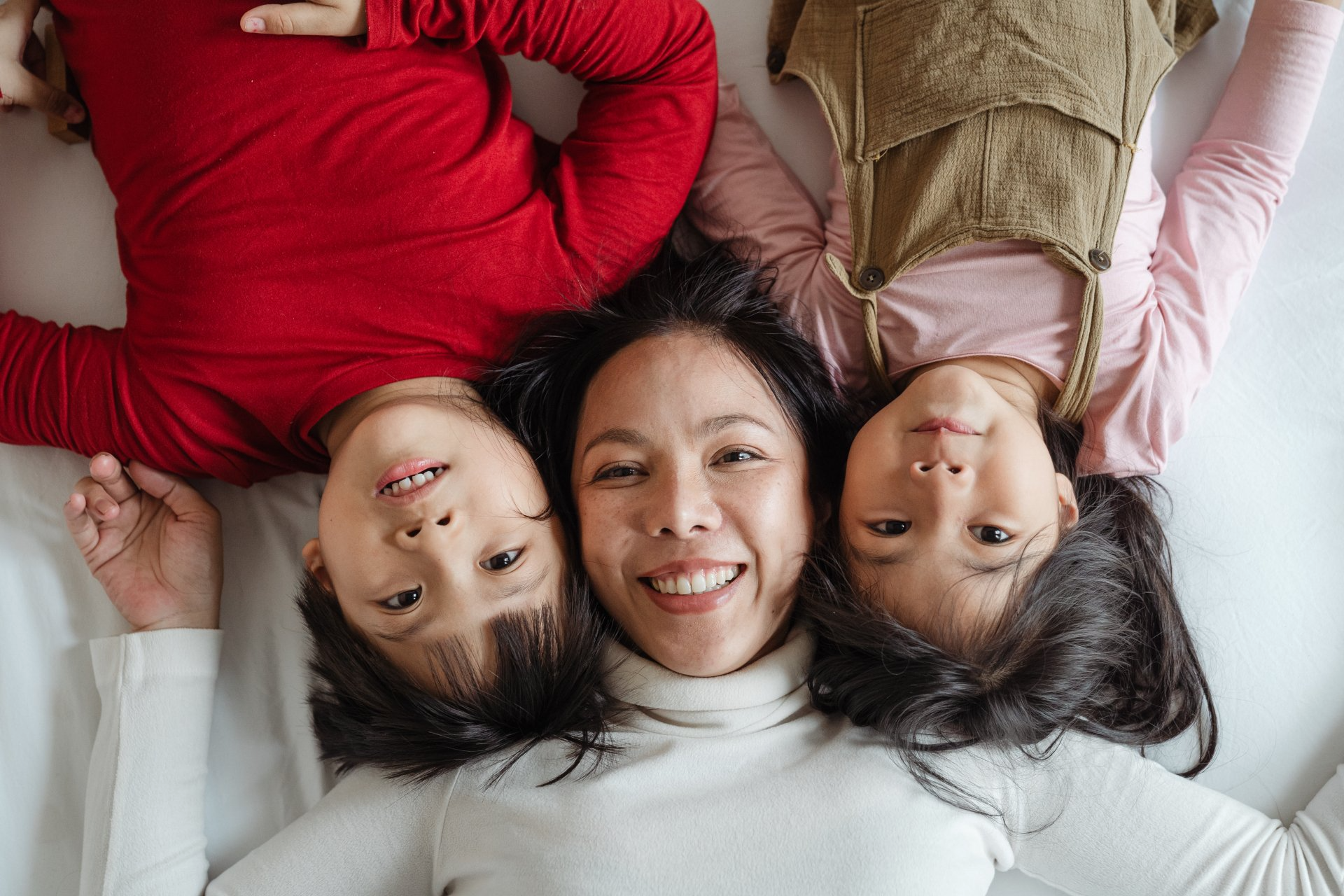
3 Unschooling Actions to Take
1. Get Intentional
When we talk about unschooling with regards to parenting, I think it’s important to be intentional. It’s not a passive thing that we’re just going to wing it and get it right. That’s because most of our own upbringing was a more top-down, parent-above-all, style. And even if we think we don’t want to duplicate that kind of parenting with our own children, we’re going to have to think about what we will do instead? Thinking about specific scenarios and how you want to react, will be really helpful when you’re in the heat of the moment. Otherwise, we usually fall back on what’s familiar. It will help to find a few other parents who are choosing partnership over control and compliance.
2. Focus on Relationships and Partnering with Kids
Some people hear about “partnering with kids” and they feel the resistance. This is an indicator that you may have more to unpack than you realize. Being a strict disciplinarian can get you some kudos from a lot of other adults. But how’s the relationship with the kids? Fear-based? My experience is that kids either duplicate this harsh oppressor approach when they’re “finally in charge,” or they sneak around and do whatever they want, hoping they don’t get caught. This style of parenting rarely reaps the rewards they hoped for. It’s definitely worth reconsidering.
If you’ve been an attachment parent when your kids were babies, this approach may feel vaguely familiar. Unschooling is a lot like continuing with those attachment parenting ideas. It’s about meeting kids where they are, and seeing the value of helping them work through options too.
3. Become Better Communicators
Some of us are pretty good at this, but many of us have to work on our communication styles. Sometimes it has to do with ideas we’ve carried forward from our own childhoods about parenting, children, and expectations. Nobody is a mind reader though. We have to learn how to express ourselves better and show our kids how to do this in kind compassionate ways without needing to fall back on fear and coercion.
Making changes in our parenting styles - or even in how we view our children and our relationships with them - takes time and effort. It's a lot to process. But it doesn't have to all be done all in one week - or on your own. I'd love to have you join us in the Membership group and be with parents who are working on this and supporting each other. And I’m in there too, offering suggestions and brainstorming with you.
You’ll hear people say that Unschooling is a Lifestyle. And this is what they mean. Making these shifts in our parenting and interacting with our kids in a way that will make our relationships better, stronger, and really help them in the long run.

